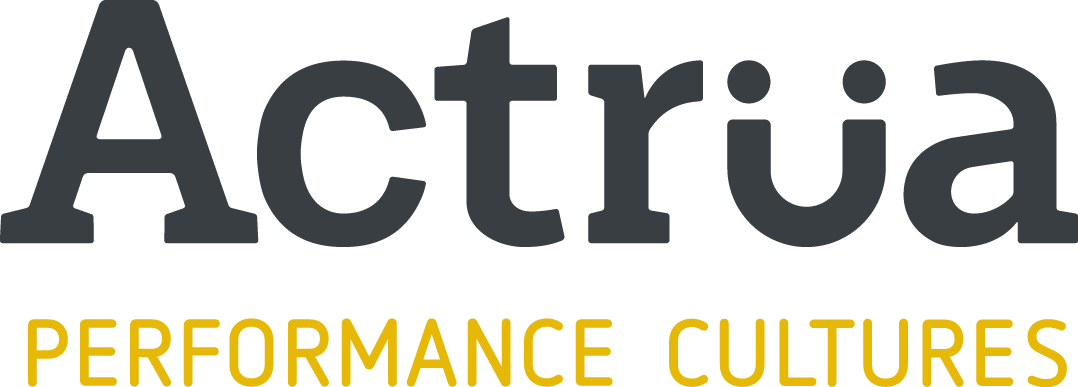Great leaders are great learners. Even the best leaders benefit from formal development – exposure to new and different ideas, feedback from others, a safe space to try new things, and time to actively reflect on their own leadership impact.
True growth and change takes time… We work with a lot of leaders who are so stuck in the daily grind of emails, online meetings, face-to-face meetings, document review and general busy work that they struggle to find time to invest in being a better leader.
It’s essential to create deeper opportunities for leaders to reflect, gain insights, and share, as well as the time to tackle evolving challenges with a new outlook.
In 2018, Tim Keeffe and I ran a leadership program for an international client. Senior leaders from around the world came together in Louisiana, Brussels and Vancouver (those were the days!) for a highly experiential program that challenged mindsets and built skillsets. The multi-module program involved 360-degree feedback, coaching, workshops, and internal leaders presenting. We pushed participants to get out of their comfort zones.
Three years on, I checked in with these leaders to understand the long-term impact of the program. In their own words*, here are six reasons why developing leaders drives performance cultures.
1. Develop effective teams
“The leadership purpose I articulated during the program centred around ‘inspiring people and developing effective teams’. The experiences from the program have helped me to progress this goal through a better understanding of myself, perceptions of myself from others and the skills that we studied during the sessions on building effective teams.”
2. Get out of your comfort zone
“One of the biggest learnings I took from the program was to step out of my comfort zone and embrace the world of uncertainties. Every single day during the program was an adventure for me and the rock-climbing exercise was definitely a test of my comfort zone that I’d never have done on my own. The courage and reflection on life purpose I gathered from the experience has supported me to carry on my personal and professional journey which is never short of challenges.”
3. Stretch vs stress your team
“My big stretch was the need to ‘challenge people to develop them’. I think I had always been keen to not ‘over stress’ my people – probably reflecting my own concerns around anxiety. But I now understand that people need a certain amount of stress to really take ownership of the challenge, and thereby grow themselves.”
4. Jump into growth opportunities
“A lot of learnings have been very useful to overcome challenges I faced after leaving the company. I was forced to move out of my comfort zone, and to my surprise I was more prepared than I thought. Part of this indeed was thanks to the learnings gained from the program, like recognising your weaknesses and strengths. It’s about using self-awareness to discover what’s really important, to discover where you can add the most value to your professional career and fight to be in that place. I am not sure that I had taken that risk before, but now I tell everybody to ‘jump into the pool’ when you spot a growth opportunity. Don’t worry if you feel you’re not fully prepared, because I think you are never 100% prepared. Don’t wait to be fully ready to jump to a next step.”
5. Lead by coaching
“One of my favourite parts was the coaching program. In the past three years, I have provided coaching sessions to colleagues, family members, and friends and inspired them to find solutions themselves. It really works and I’ve experienced proud feelings of fulfilment by adding value to others, which resonates with my purpose.”
6. Consider intent vs impact
“The learning that I recognised first was the value of having others around you who think and act differently from you. It’s important to be challenged and embrace the full impact of these relationships. One that took me a little longer to appreciate was ‘intent versus impact’ – evaluating the gap between my intentions and what people around me are experiencing.”
Those personal reflections of program impact are backed up by the promotion and retention stats for this cohort of leaders. Some 76% of the cohort have been promoted to higher level roles within the organisation and 82% of the cohort have been retained.
The marker of a high impact leadership development program is long-lasting results. Some insights are instant, while some take longer to reveal themselves. What is important is the mindset shift that encourages leaders to reflect, change and grow. I’d love to hear your insights – what is the most important learning you’ve taken away from a leadership development program?
Andrew Russell is the Executive Director and co-founder of Actrua, an award-winning performance cultures consultancy. Actrua’s world class facilitators, coaches, consultants and project leaders design and deliver pragmatic, impactful and actionable solutions that creating true growth experiences across leadership, culture, team development and safety.
*Quotes have been modified slightly for clarity and anonymity.







